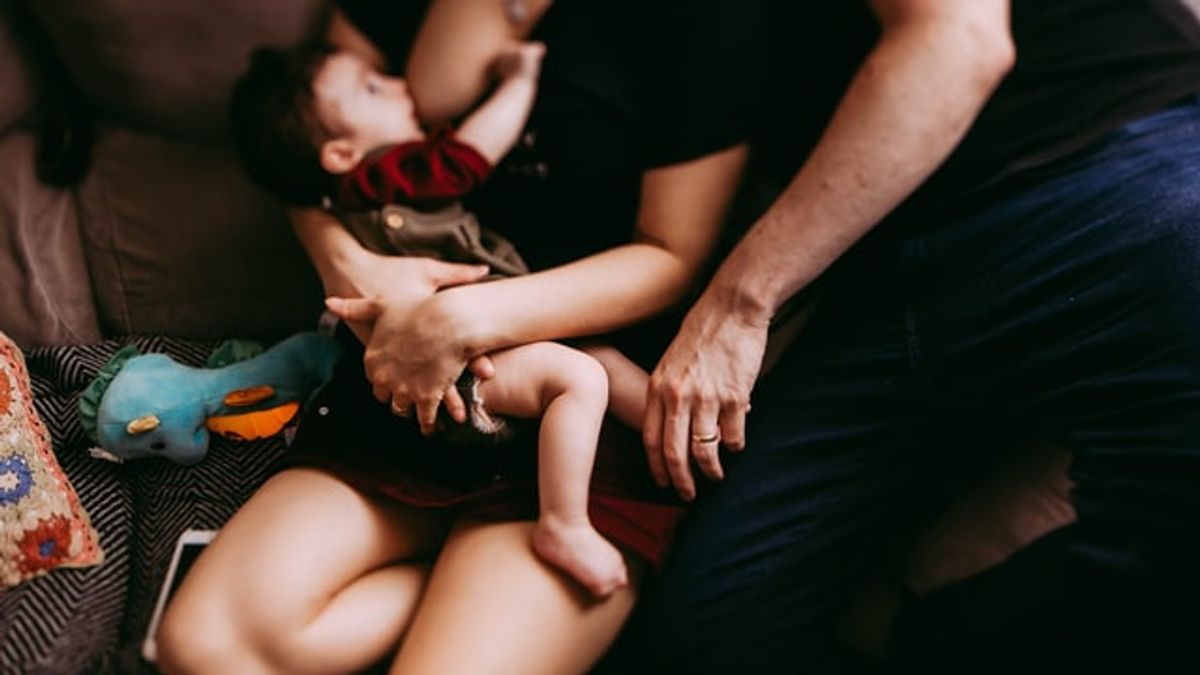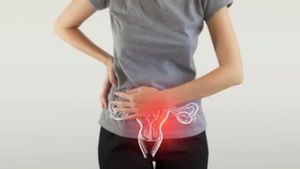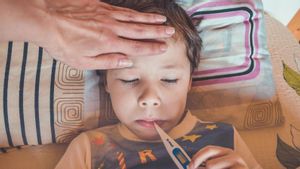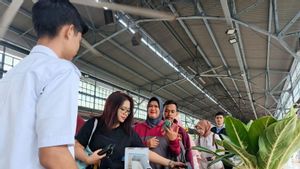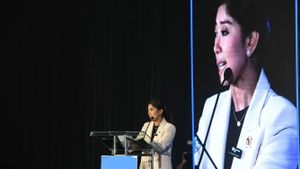JAKARTA - If you are a breastfeeding mother, it means you are providing your baby with essential nutrients that will promote his growth and health. However, you may have questions about what foods and drinks are okay to eat while breastfeeding, and how your diet can affect your breast milk and your baby. According to Mayo Clinic, Wednesday, March 30, here are the facts you need to know about breastfeeding.
Do mothers need extra calories during breastfeeding?
Yes, at least you need at least 330 to 400 additional calories per day to provide you with the energy and nutrients to produce breast milk. To get these extra calories, choose foods rich in nutrients, such as a slice of whole-grain bread with a tablespoon of peanut butter, a medium-sized banana or apple, and 227 grams of yogurt.
What foods should be consumed during breastfeeding?
Focus on eating healthy foods to produce breast milk. Choose protein-rich foods, such as lean meats, eggs, dairy, beans, lentils, and low-mercury seafood. Choose a variety of whole grains as well as fruits and vegetables.
What you eat greatly affects the taste of the milk produced. The goal is to help children get acquainted with the taste of solid food later in life. To make sure you and your baby are getting all the vitamins you need, don't forget to take a daily multivitamin and mineral supplement until it's weaning time.
How much fluid do you need while breastfeeding?
Drink when thirsty and drink more if your urine is dark yellow. You can drink a glass of water or another drink each time you breastfeed.
However, be careful with juices and sugary drinks. Too much sugar can contribute to weight gain or sabotage your efforts to lose weight while pregnant. Too much caffeine can also be troublesome. Limit yourself to no more than 2 to 3 cups of caffeinated drinks a day. Caffeine in breast milk can interfere with a child's sleep.
SEE ALSO:
Can diet cause a baby to be fussy or have an allergic reaction?
Limiting certain foods or drinks while you are on a diet while breastfeeding can cause your baby to become fussy or have an allergic reaction. If your baby is fussy or develops a rash, diarrhea, or wheezing immediately after feeding, consult your pediatrician immediately.
If you suspect something in your diet may be affecting your little one, avoid that food or drink for up to a week to see if it makes a difference in your child's behavior. Avoiding certain foods, such as garlic, onions, or cabbage, may help.
Remember, there is no need to go on a special diet while you are breastfeeding. Just focus on making healthy food choices and you and your little one will reap the rewards.
The English, Chinese, Japanese, Arabic, and French versions are automatically generated by the AI. So there may still be inaccuracies in translating, please always see Indonesian as our main language. (system supported by DigitalSiber.id)
